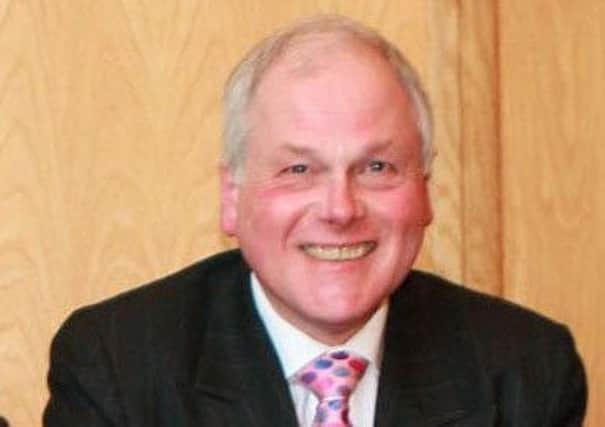The Reformation boosted science and economic success


Few realise how modern science was a product of the Reformation, yet without it science would struggle to survive.
Science depends on open debate, discussion, open exchange of ideas and data. It requires inquiring minds that challenge accepted beliefs and ideas, it seeks evidence to support beliefs and rational argument based on real data which in turn requires open access to data and evidence to evaluate it and test it in practice or the laboratory.
Advertisement
Hide AdAdvertisement
Hide AdAs such it is part and parcel of an open liberal democracy and depends on the tenets of liberal democracy to do its work, which has transformed our world and made it modern. From medical science to computer technology we live in a world dominated by science, our modern thought processes are scientific, e.g. think rationally and base opinions and policies on verifiable evidence, not mystery.
That then means we must have access to the evidence, requiring an open society, whilst proper discussion and debate of what the evidence means implies a liberal democracy. This requires a toleration of difference as differences are debated, assessed according to evidence and tested for accuracy.
As President Obama observed: ‘A democracy requires accountability and accountability requires transparency’.
No mystery, no magic, no decisions behind closed doors, no unquestioned elite rule, everything open to rational appraisal.
Advertisement
Hide AdAdvertisement
Hide AdYet this was precisely what the Papacy objected to, its power lay in mystique, secret decision making and the absolute power of Popes and Kings, ordained by God as His representatives on earth to run the established order.
One reason why cheap printed Bibles were such a threat was that men could now read them themselves and find little evidence for either Papal authority or for accepting the established religious and political order. Another was that early scientists, eg. Copernicus and Galileo, showed that Church teaching about the world was simply wrong.
More liberal Reformation states were open to new science because they were tolerant, thus science established itself there and became a major reason for their economic and political dominance.
They also matched science with reformed religion, because God was a God of laws and he wrote two books – the Bible (moral laws) and the Book of nature (the natural world around us which was governed by [scientific] laws).
Advertisement
Hide AdAdvertisement
Hide AdStudy both and one came closer to knowing both the moral will and laws of God, which frequently flatly contradicted Papal teaching.
• Dr James Dingley is an academic and chair of the Francis Hutcheson Institute. He has published on conflict analysis and nationalism
• Other parts in series:
PART SIX (August 10): The world is currently predicated on the Reformation and is likely to remain so
PART FIVE (July 20): Reformation led to dissent and challenge to vested interests
Advertisement
Hide AdAdvertisement
Hide AdPART THREE (May 18): Industry flourished after the Reformation
PART TWO (May 4): Papacy opposed the democracy that arose from the Reformation
PART ONE (April 13): The Reformation ushered in liberal democracy, science and industry